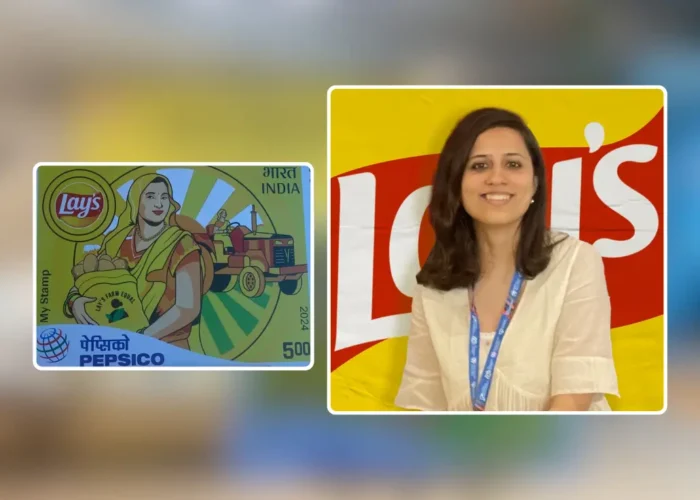Chandubhai Virani started his business in a shed with mere 10,000 Rs and today his company reaps more than 1,800 crores as turnover. This journey of making Balaji Wafers Private Limited is nothing but an inspiration for one and all. Balaji Wafers today is the largest regional potato wafer brand and the second largest player in the potato wafer segment in the country. Before starting his business in 1982, Chandubhai worked at a canteen in a cinema hall.

The Early Days
He erected a shed in his house courtyard and started experimenting with making chips after his canteen work. Chandubhai then got three canteen contracts: two at Astron Cinema and one at the Kotecha Girls high school in the city. Soon he was supplying wafers to 25-30 shopkeepers too and, in 1984, they decided on the brand name ‘Balaji’.
The Struggle
Though things started to look bright, they did not come easy. Recovering money from shopkeepers and the unreasonable complaints of wafers being stale were a constant trouble for young Chandubhai. But he never gave up, with sheer dedication and vision to make it big, he continued his efforts.

In 1989, with some earnings and a bank loan totaling to about Rs 50 lakh, Chandubhai started a factory at the Aji GIDC area of Rajkot, and it was then Gujarat’s biggest potato wafer plant.
But the new machinery installed was an unpleasant surprise – it never worked. “The company engineers would come and slap on us hotel and other bills to the tune of Rs. 50,000 each time,” he recalls. Finally, they studied the machines and repaired it themselves. “This incident turned us into engineers. Every setback made me stronger,” he says, “teaching me foundational lessons.”
Also Read: The Story Of Nirma Will Surely Give You Marketing Goals
The Growth Story
For 10 years all they could earn was 30,000 a month. The company saw an upward growth only when Balaji Wafers Private Limited was formed in 1992, with three directors – the brothers Bhikhubhai, Chandubhai and Kanubhai.
Today Balaji owns four plants in India with a total processing capacity of 6.5 lakh kg of potatoes and 10 lakh kg of namkeen a day. 50% of the workforce at Balaji is women and the total number of employees stands at 5000.

Their third plant at Valsad started in 2008, has the capacity for processing 9,000 kg of potatoes per hour, the highest capacity in Asia when it began.
Chandubhai has an undying confidence in his brand that even lucrative offers from MNCs to buy stakes in the company have not been able to shake his roots.
Balaji is a household name now and has always given tough competition to players like Pepsi Co, Lays. Even when Lays saw a drop in their share market, Balaji has been continuously growing at a steady 20-25% every year.













